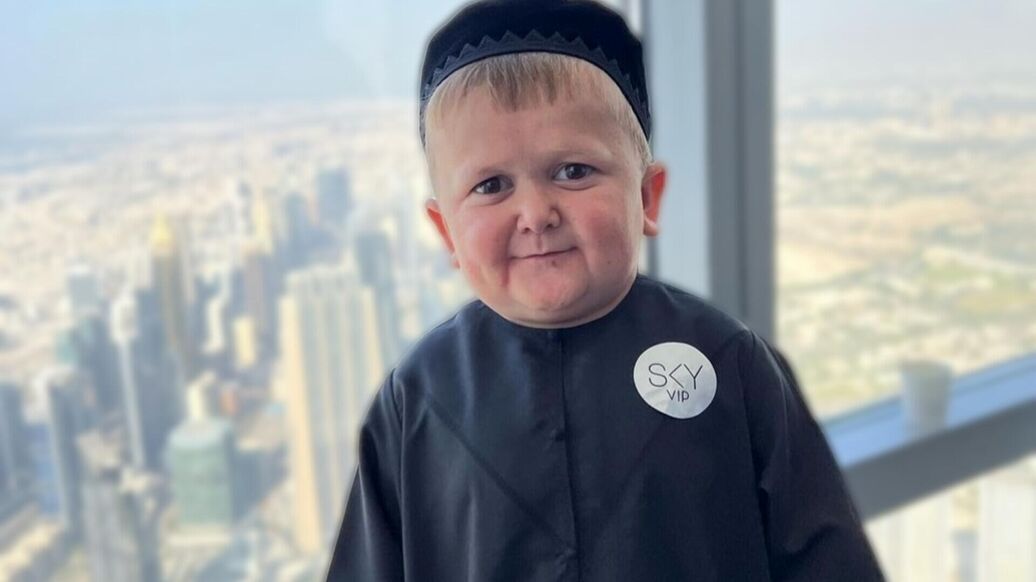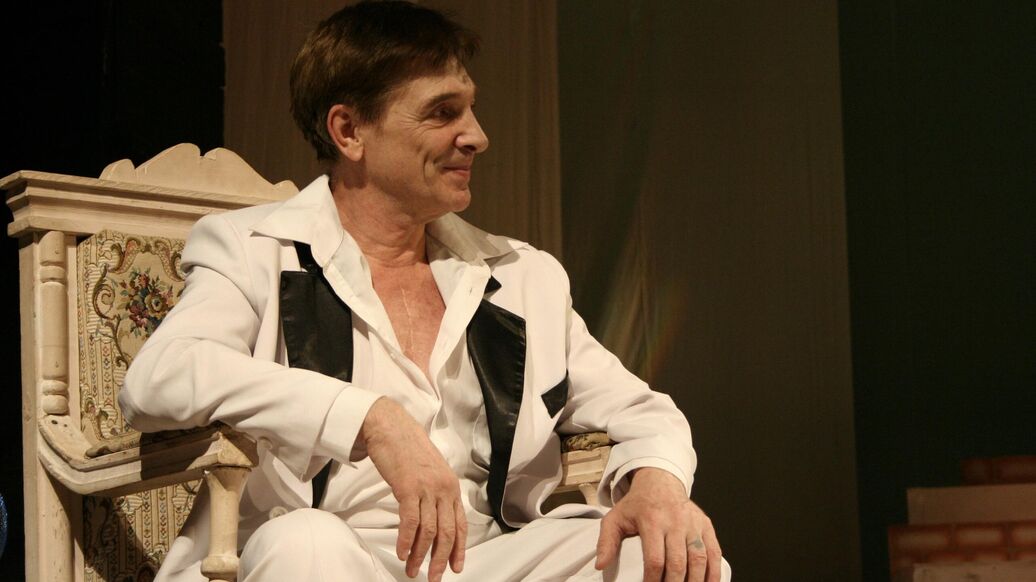Central Park five sue Trump for defamation over debate comments
A group of men who were wrongly convicted as the Central Park Five have sued former president Donald Trump over his defamatory comments about them in the presidential debate.
A group of men who were wrongly convicted as the Central Park Five have sued former president Donald Trump over his defamatory comments about them in the presidential debate.
The men filed a lawsuit against the Republican nominee on Monday, saying Trump made false and defamatory statements about them in his face-off with Vice President Kamala Harris last month.
They seek a jury trial to determine damages in a case that turns up the heat once again on a tense campaign, just two weeks before election day.
Defendant Trump falsely stated [at the debate] that Plaintiffs killed an individual and pled guilty to the crime, says the civil lawsuit.
These statements are demonstrably false.

Kamala Harris raised the Central Park Five in the debate, and Donald Trump responded with comments that have sparked a lawsuit.

The men who were wrongly convicted as the Central Park Five have sued Donald Trump for defaming them in the presidential debate.
The suit says the five men never pled guilty to any crime and were subsequently cleared of all wrongdoing.
It adds: Further, the victims of the Central Park assaults were not killed.
Trumps campaign called the lawsuit a frivolous example of election interference.
Yusef Salaam, Antron McCray, Kevin Richardson, Raymond Santana and Korey Wise were teenagers when they were accused of the 1989 rape and beating of a white woman jogger in Central Park, in New York City.
The five, who are black and Latino, said they confessed to the crimes under duress.
They later recanted, pleading not guilty in court, and were later convicted after jury trials.
Those convictions were vacated in 2002 based on newly discovered DNA evidence.
Less than two weeks after a sexual assault on a jogger in the park for which the teens were charged, Trump paid for a full-page ad calling for the reinstatement of the death penalty over the crimes.
It was one of Trumps first anti-crime messages, which evolved into his broader America First populist pitch to voters.
During the debate, Harris raised Trumps record with the five men, saying he Took out a full-page ad calling for their execution.
Trump responded, in a statement that forms the basis of the lawsuit.
They admitted, they said they pled guilty, and I said, well, if they pled guilty they badly hurt a person, killed a person ultimately ... And they pled guilty, then they pled not guilty, Trump said.
He appeared to confuse the mens confessions with guilty pleas. Also, no victim died.




The mens contempt for Trump stems back to 1989, when he took out a full-page ad (pictured) in four New York City newspapers demanding that they face the death penalty for the rape of a white woman in Central Park. All five men were exonerated in 2002 after serving between six and 13 years in prison when another inmate confessed to the attack

The trials of the alleged Central Park Five perpetrators gripped residents of New York City and beyond in 1990.
Trumps comments were part of a continuing pattern of extreme and outrageous conduct dating back several years against the men, says the suit.
Their suit, which alleges claims of defamation and emotional distress, requests damages of more than $75,000, with total compensatory and punitive damages to be determined at trial.
Trump campaign spokesman Steven Cheung, in a statement to CNBC, it was just another frivolous, election interference lawsuit.
The papers were filed by desperate left-wing activists, in an attempt to distract the American people from Kamala Harriss dangerously liberal agenda and failing campaign, Cheung added.
The suit notes that the men were convicted at trials of a series of assaults that occurred in Central Park in April 1989.
They were aged between 14 and 16 at the time, and spent years behind bars after their convictions.
A year after they were exonerated, the men sued New York City for false arrest, malicious prosecution and racially motivated conspiracy.
The city settled the suit more than a decade later by agreeing to pay the men $41 million, a deal that Trump called a disgrace.










